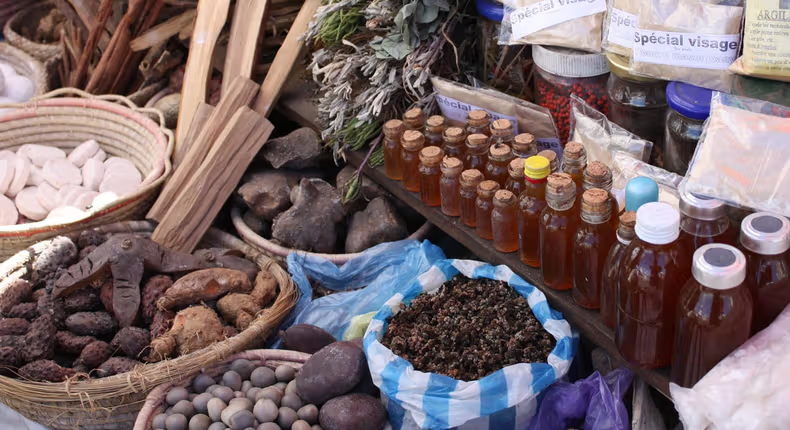The growing use of social media by unregulated traditional medicine practitioners poses a significant health risk, as many of these individuals market unverified and potentially dangerous remedies. Despite traditional medicine’s deep cultural roots in Africa, the lack of proper oversight has allowed for misleading and exaggerated claims about cures for various ailments, drawing in vulnerable individuals.
As illustrated by cases like Kolapo’s, who tried several ineffective herbal treatments for his haemorrhoids, the lack of regulation leads to financial loss and sometimes worsens health conditions. Many individuals are swayed by influencers or social media ads promoting these remedies, which are often neither tested nor approved by health authorities like Nigeria’s National Agency for Food and Drug Administration and Control (NAFDAC). This creates serious risks, such as adverse reactions or toxicity.
While efforts have been made to regulate traditional medicine through agencies like the Lagos State Traditional Medicine Board and unions such as the Traditional Medicine Practitioners Association of Nigeria, these bodies have not been effective enough in monitoring the digital space. This free rein on social media has led to countless unlicensed practitioners promoting unsafe herbal mixtures without any clinical validation.
Public health advocates stress the importance of stricter regulations, proper licensing, and rigorous testing to ensure the safety and efficacy of these products. Consumers should also be wary of unverified treatments and opt for healthcare solutions that meet approved medical standards.

